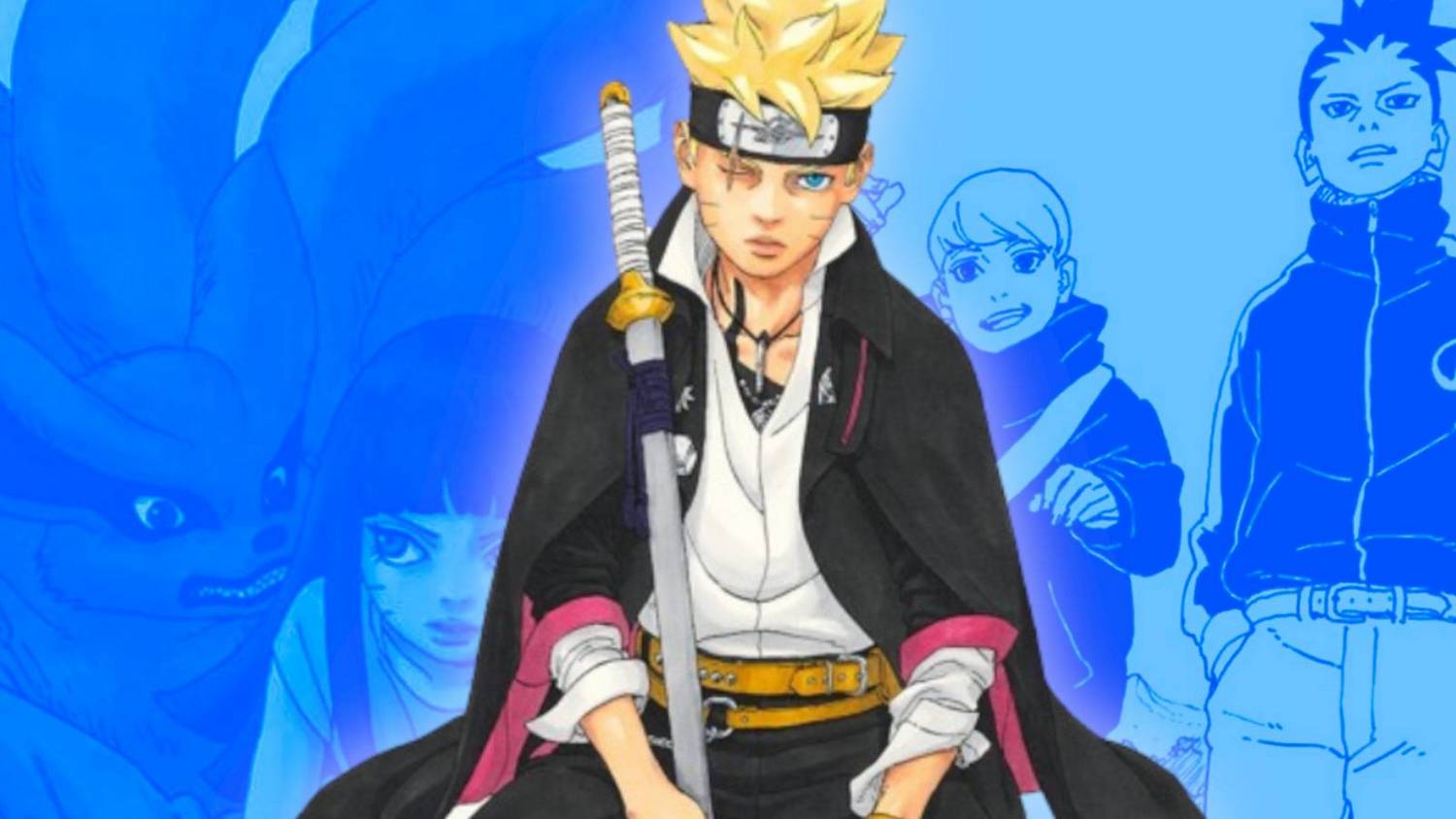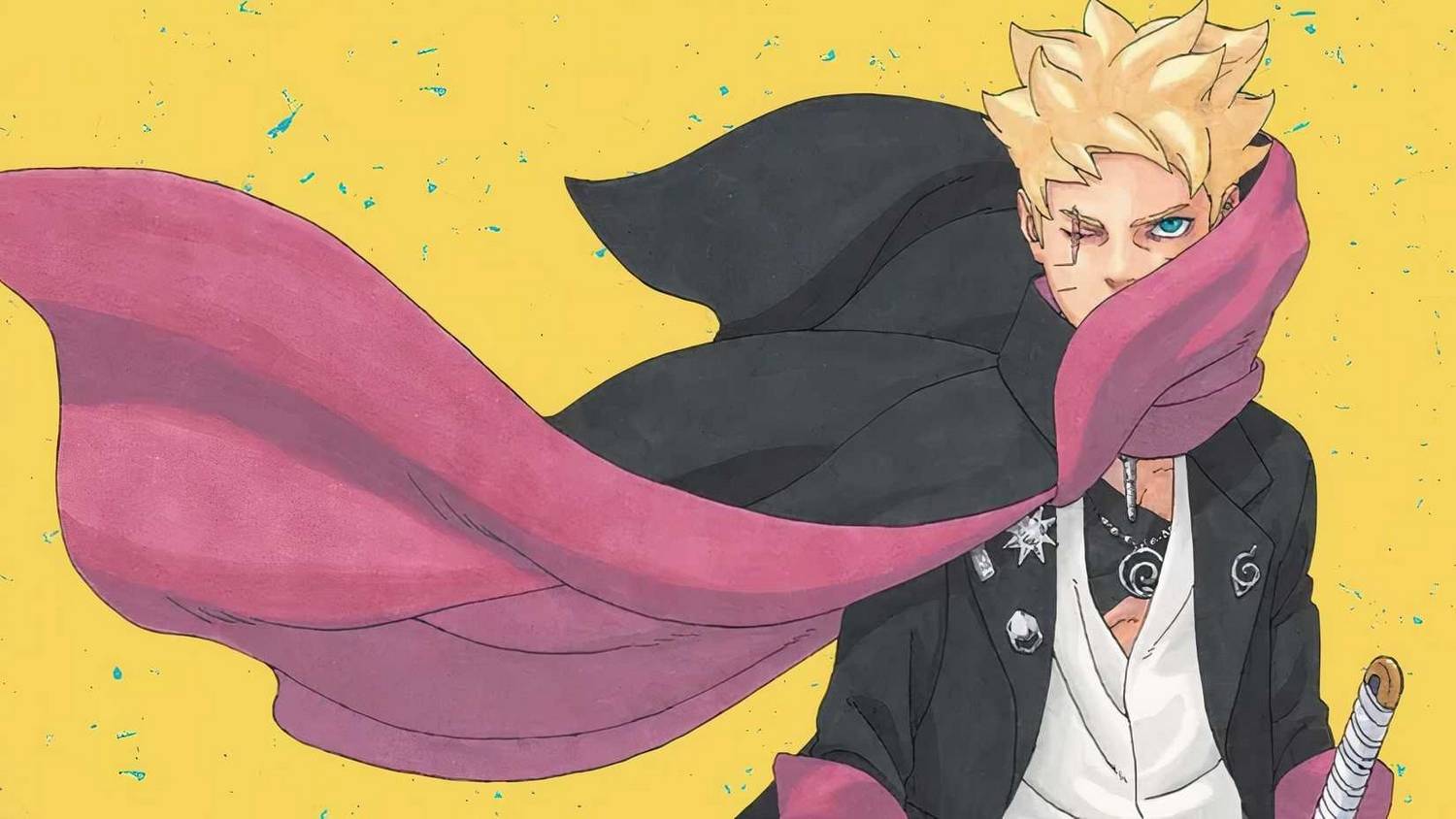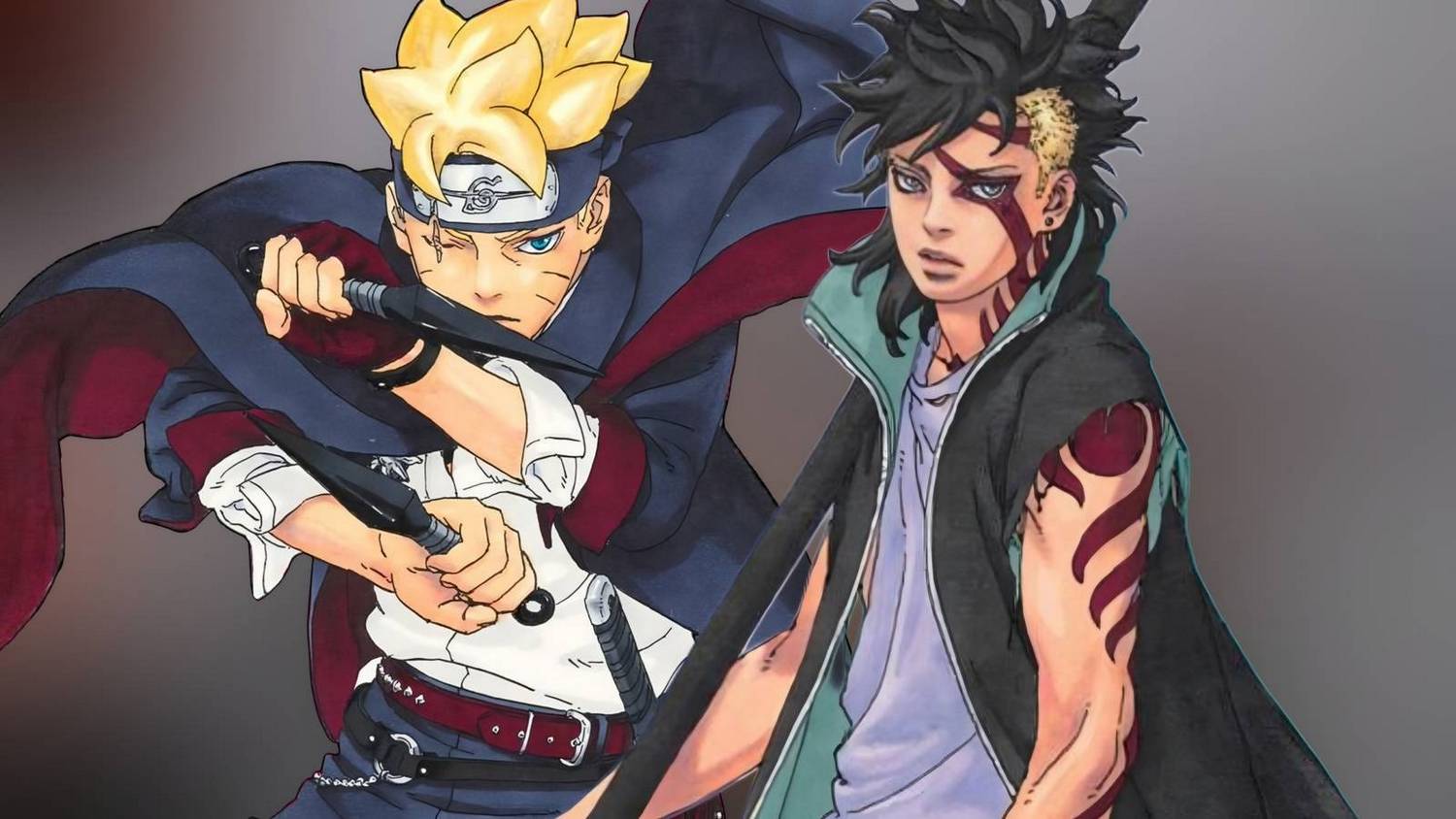A New Contender on the Throne: Why Boruto: Two Blue Vortex Has Been Dethroned in the Manga World
Popular Now
 BeamNG.drive
BeamNG.drive
 Minecraft
Minecraft
 Fortnite
Fortnite
 Sonic the Hedgehog™ Classic
Sonic the Hedgehog™ Classic
 Valorant
Valorant
 FIFA 23
FIFA 23
 Brawl Stars
Brawl Stars
 R.E.P.O
R.E.P.O
 Warframe
Warframe
 Stumble Guys
Stumble Guys
 In the fiercely competitive landscape of Japanese manga, a series’ success is measured not just by its narrative quality but by its ability to capture a massive audience and translate that into sales. For years, the sequel to one of the most iconic series of all time, Boruto: Two Blue Vortex, has struggled to emerge from the shadow of its predecessor. Despite a powerful time-skip and a compelling shift in the protagonist’s journey, the latest sales data and industry rankings have delivered a sobering reality check. Boruto: Two Blue Vortex has officially been surpassed, not by a long-running titan, but by a new generation of breakout hits, signaling a significant shift in what audiences are looking for and a new era for Shonen manga.
In the fiercely competitive landscape of Japanese manga, a series’ success is measured not just by its narrative quality but by its ability to capture a massive audience and translate that into sales. For years, the sequel to one of the most iconic series of all time, Boruto: Two Blue Vortex, has struggled to emerge from the shadow of its predecessor. Despite a powerful time-skip and a compelling shift in the protagonist’s journey, the latest sales data and industry rankings have delivered a sobering reality check. Boruto: Two Blue Vortex has officially been surpassed, not by a long-running titan, but by a new generation of breakout hits, signaling a significant shift in what audiences are looking for and a new era for Shonen manga.
 While Boruto has found a dedicated following and a strong digital readership, its performance in physical manga sales has been a point of consistent weakness. Recent Oricon charts, the gold standard for manga sales in Japan, show a clear picture of its position. The first volume of Two Blue Vortex sold around 31,837 copies in its first week, a number that, while respectable, pales in comparison to its contemporaries. In contrast, new-gen heavyweights like Kagurabachi have surged to the top of the charts, with its first volume selling over 224,803 copies in its debut week. The rise of titles like Blue Box and The Apothecary Diaries, which have also seen massive sales increases due to their popular anime adaptations, further underscores the trend. This is a clear indication that a legacy name is no longer enough to guarantee a top spot in the market; a series must deliver compelling, fresh content that resonates with modern audiences from the very beginning.
While Boruto has found a dedicated following and a strong digital readership, its performance in physical manga sales has been a point of consistent weakness. Recent Oricon charts, the gold standard for manga sales in Japan, show a clear picture of its position. The first volume of Two Blue Vortex sold around 31,837 copies in its first week, a number that, while respectable, pales in comparison to its contemporaries. In contrast, new-gen heavyweights like Kagurabachi have surged to the top of the charts, with its first volume selling over 224,803 copies in its debut week. The rise of titles like Blue Box and The Apothecary Diaries, which have also seen massive sales increases due to their popular anime adaptations, further underscores the trend. This is a clear indication that a legacy name is no longer enough to guarantee a top spot in the market; a series must deliver compelling, fresh content that resonates with modern audiences from the very beginning.
The core of this market shift lies in the changing tastes of readers. The monthly release schedule of Boruto, while a boon for a more polished art style, stands in stark contrast to the weekly serialization of its rivals. This slower pace can cause a loss of momentum and make it difficult for the series to maintain the same level of hype as its competitors. Furthermore, the narrative of Two Blue Vortex, while a vast improvement over the first part of the series, continues to focus on the cosmic, high-stakes battles against the Otsutsuki. This is a stark contrast to the grounded, character-driven storytelling of titles like The Apothecary Diaries or the thrilling, genre-bending action of Kagurabachi. The success of these new series suggests that readers are hungrier for fresh concepts and diverse genres, rather than a direct continuation of a previous generation’s story. It is a fundamental realignment of the shonen market, and Boruto, for all its potential, is struggling to keep up with the new wave.
 The Final Blow: Circulation vs. Sales
The Final Blow: Circulation vs. Sales
It is important to note the distinction between “copies in circulation” and “copies sold.” While Boruto: Two Blue Vortex has proudly announced that it has surpassed one million copies in circulation with its first four volumes, this figure represents the number of copies that have been printed and distributed, not necessarily sold to consumers. While it is an impressive milestone, it is a different metric than the hard sales data from Oricon, which tracks actual purchases. The fact that the series’ physical sales figures remain low compared to its competitors suggests a gap between the potential for the series to be a hit and its actual commercial performance. This is a critical piece of information for analyzing the series’ standing. While the digital readership on platforms like Manga Plus is strong, the physical sales numbers tell a different story about its market presence in Japan.
Ultimately, the news that Boruto: Two Blue Vortex has been beaten in the sales rankings is not a final condemnation of the series’ quality. It is, however, a powerful and undeniable sign of a changing of the guard in the manga world. The success of new and diverse titles proves that a rich legacy is no longer a guaranteed path to success. The manga industry is a meritocracy, and the latest generation of titles is winning on the strength of their original concepts and their ability to connect with a global audience. For Boruto, this means that it must fight harder than ever to prove its place among the best. It is no longer just a sequel; it is a competitor in a new era, and the stakes have never been higher.








